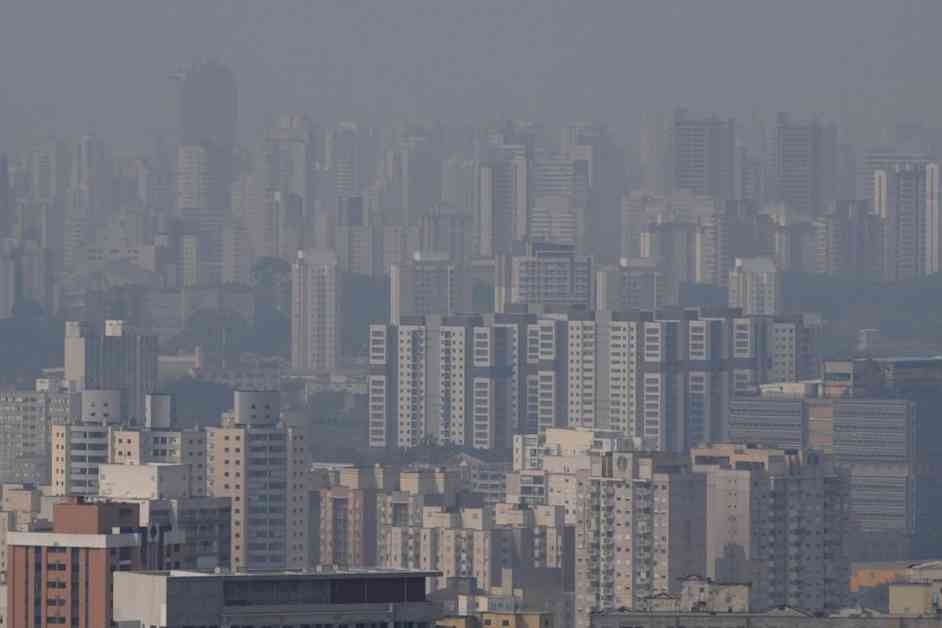Brazil’s President Luiz Inácio Lula da Silva recently addressed the U.N. General Assembly, highlighting the urgent need for global action to combat climate change. He acknowledged the devastating fires that have been raging in the Amazon rainforest, but failed to address the mounting criticism of his government’s environmental policies.
The Amazon region experienced a record-breaking 38,000 fires in August, the highest number for that month since 2010. The situation is not looking any better in September, with smoke from the fires causing air pollution in cities like Sao Paulo, located thousands of miles away. Lula attributed the fires to a combination of drought conditions and criminal activities, proposing stricter penalties for environmental offenders.
However, the effectiveness of enforcing these penalties has been hindered by a six-month strike at Brazil’s environmental regulator, Ibama, which only ended in August. This strike occurred despite the government being aware of the increased fire risks due to the ongoing drought. Additionally, there have been conflicting messages from members of Lula’s Cabinet regarding environmental and energy policies, raising concerns among environmental advocates.
While Lula’s speech at the U.N. emphasized the need for environmental action, critics argue that he fell short of presenting a comprehensive vision for addressing climate change. The Climate Observatory, a coalition of Brazilian non-profits, expressed disappointment in Lula’s lack of concrete commitments to combat the climate crisis. This sentiment is echoed by political consultant Thomas Traumann, who noted a shift in how Lula’s environmental leadership is perceived compared to his previous presidential term.
Despite facing criticism, Lula recently announced measures to address the fires, including significant fines for individuals responsible for setting fires in forests and increased funding for firefighting efforts. He also met with U.N. Secretary-General António Guterres to discuss Brazil’s role in the upcoming COP-30 climate summit. Lula remained steadfast in his call for developed nations to take responsibility for reducing emissions and combating environmental degradation.
However, concerns persist over the conflicting signals coming from the Brazilian government regarding environmental policies. Energy Minister Alexandre Silveira’s comments about exploring offshore oil reserves near the Amazon have raised eyebrows among environmental activists, who stress the importance of prioritizing environmental protection over economic interests. The need for a unified and decisive approach to environmental conservation is emphasized by activists like Tica Minami, who urge both the government and private sector to prioritize the well-being of the environment and its inhabitants.
In conclusion, Lula’s address at the U.N. General Assembly underscores the complex challenges facing Brazil in balancing economic development with environmental preservation. As the country grapples with the aftermath of the devastating fires, there is a growing call for cohesive and sustainable policies that prioritize the long-term health of the Amazon rainforest and the planet as a whole.








